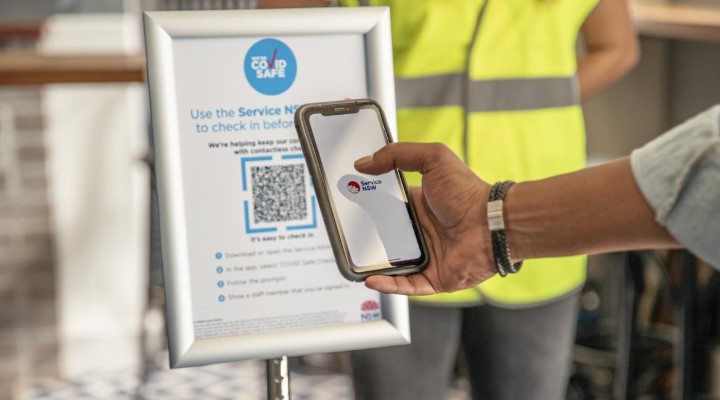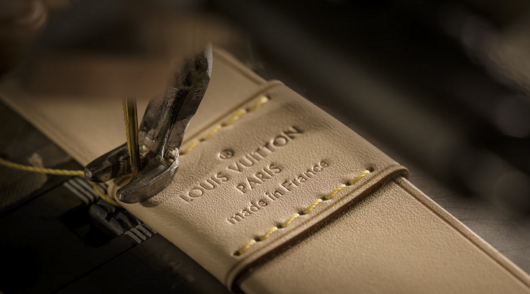Retailers in New South Wales will no longer need to enforce mandatory masks indoors, QR code check ins, or adhere to the current density limits as soon as the state hits 95 per cent vaccination rate or on December 15 – whatever comes first.
The change, announced by State Premier Dominic Perrottet on Thursday, comes as case numbers remain steady in the state following Sydney’s recent lockdown.
“The easing of these restrictions will allow people to get out and enjoy summer, providing a boost for some of our hardest [hit] industries, as we do everything we can to ensure we keep people safe as we learn to live with Covid,” Perrottet said.
Moving forward, QR code check-ins will only be necessary at “high risk’ venues, such as pubs, nightclubs, hospitals, gyms, and large scale events with more than 1000 people.
ARA boss Paul Zahra said the decision was welcome news, and will be a relief to beleaguered retailers.
“Christmas trading is critical for retailers – it’s a time when most discretionary stores make up to two thirds of their annual profits, so allowing businesses to throw the doors open fully at this time won’t be a day too soon,” Zahra said.
“Vaccination checks have been in place since NSW exited lockdown on October 11, and they’ve served their purpose well in managing the safe reopening. With the vast bulk of the population now fully vaccinated, it makes sense to remove this impediment on customers and business, allowing them to trade at their full potential.”
Zahra pushed for other states to align their approach to reopening to New South Wales’, particularly the state of Victoria – the restrictive approach of which Zahra has been critical of before.
“It makes little sense for Australia’s two biggest states – NSW and Victoria – to be operating with two separate frameworks,” Zahra said.
New South Wales has a ~200 case day average for the past week and has a double-dose vaccination rate of 92.2 per cent (aged 16 and over) according to NSW Health, while Victoria’s sits at ~1,100 cases a day with a double-dose vaccination rate of 90 per cent.







